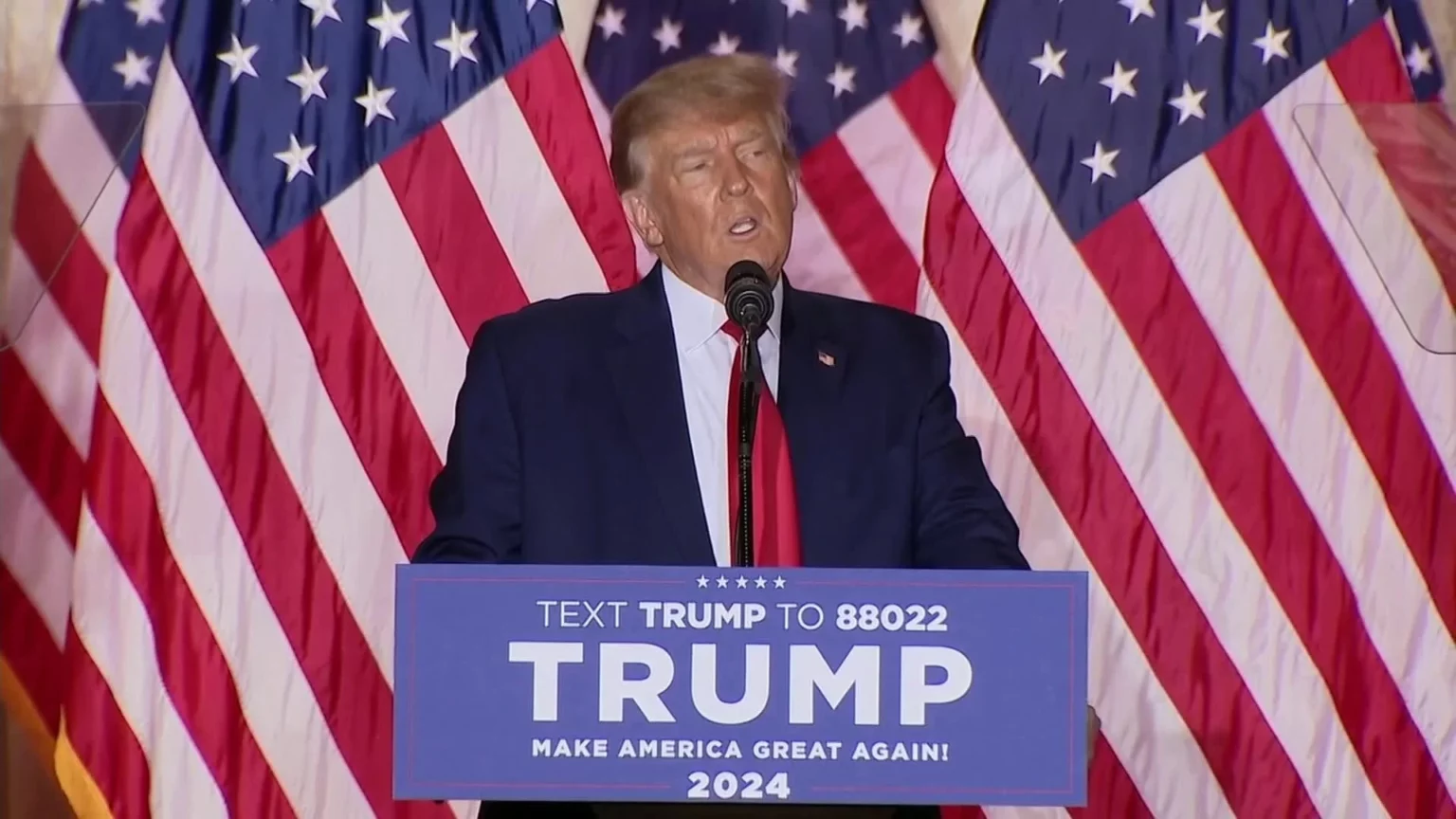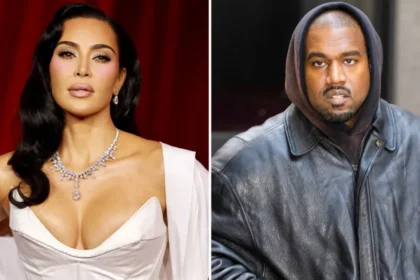The possibility of Donald Trump’s eligibility for the 2024 presidential race becoming a legal quandary has emerged, with former federal judge Michael Luttig confirming this likelihood on Sunday.
Central to this evolving matter lies the interpretation of Section 3 of the 14th Amendment. This provision disqualifies individuals from holding federal office if they have previously sworn an oath to uphold the Constitution and later participated in insurrection or rebellion against it.
While legal experts, including Luttig and other conservative scholars, contend that Trump’s actions on January 6 and his endeavors to overturn the 2020 election may disqualify him, a degree of skepticism prevails regarding whether his conduct meets the insurrection threshold.
The application of this provision poses uncharted territory, and the specific mechanisms for its implementation remain unclear. Secretaries of state, tasked with overseeing candidate eligibility, are presently exploring the potential processes involved.
Luttig underscored the profound significance of this matter, remarking, “This is one of the most fundamental questions that could ever be decided under our constitution.” He also suggested that the Supreme Court is likely to address it sooner rather than later, possibly even before the first primaries.
It’s noteworthy that Donald Trump appointed three of the current Supreme Court justices, creating a 6-3 conservative majority. The unfolding case takes place against a backdrop of persistent concerns about the court’s credibility, fueled by ethics controversies and its contentious decision to overturn Roe v. Wade last year.
Election officials in early primary states are anticipated to grapple with decisions concerning challenges to Trump’s eligibility, as various groups have pledged to initiate such challenges. These officials are poised to encounter considerable pressure, exemplified by the unfounded claims made by conservative personality Charlie Kirk regarding efforts to exclude Trump from the New Hampshire ballot.
In response to these developments, the secretary of state of New Hampshire, Dave Scanlan, and the attorney general, John Formella, issued a joint statement emphasizing that no official stance has been adopted regarding the potential applicability of Section 3 of the 14th Amendment to the forthcoming presidential election cycle. They have sought legal guidance to clarify the provision’s meaning and potential applicability.




